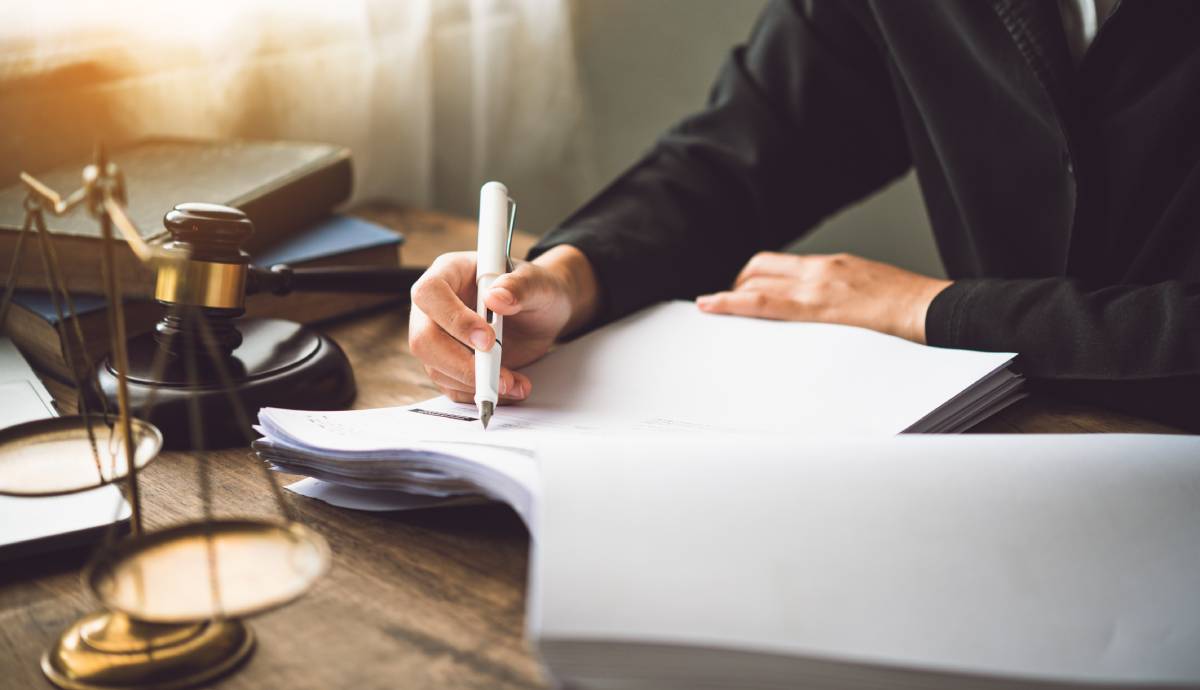I am studying in the third year of the State University of Economics and Technology.I specialize in contractual, economic and corporate law, in particular, I provide consultations and write articles.
The procedure for special investigation and trial (in absentia) provided for by a number of international regulations was introduced into our national legislation in 2014. In general, it is intended to solve the problems of the criminal process using a simplified, faster procedure in the absence of a suspect or accused. In particular, this procedure eliminates the possibility of delaying the process both at the stage of pre-trial investigation and at the stage of judicial proceedings. Special criminal proceedings can be carried out both in relation to one person and in relation to several persons. The main reason for which this procedure is used is the impossibility of ensuring the appearance of the suspect or accused before the investigator, prosecutor, court and at the same time the need to implement the principle of inevitability of punishment.
Special pre-trial investigation: subjects, аnalysis of the conduct and service of documents
First, you should decide that a special pre-trial investigation can be carried out according to a clearly defined list of crimes contained in Art. 297-1 Code of Criminal Procedure. In particular, the list consists of crimes against the foundations of national security, against public safety, against peace, etc. It is also important to pay attention to the face of the suspect, because such a suspect should be hiding from the investigation, court in the temporarily occupied territory of Ukraine, or on the territory of the aggressor state, and the purpose of such concealment should be to evade responsibility, or if the suspect is declared in international search, or if a decision has been made to transfer a suspect who is a prisoner of war for exchange and such an exchange has already taken place. The investigator or prosecutor must prove these grounds in his petition. As for the petition itself, the prosecutor and the investigator are authorized to submit it, with the obligatory approval of the prosecutor. The content of the petition consists of: a statement of the circumstances of the offense, its qualifications, circumstances serving as the basis for suspecting a person of committing an offense, etc. The petition is submitted to the investigating judge, who, in turn, must consider it within 10 days with the participation of the person who filed it and the defense attorney. It should be noted that the participation of a defense lawyer in this category of cases is extremely important and if the suspect has not involved him, then he is involved in the manner established by Art. 49 Code of Criminal Procedure. In the process of considering the petition, the investigator and judge must take into account the sufficiency of evidence of suspicion, as well as the presence of the above-mentioned grounds. The result of the consideration is a decision, a copy of which is received by the investigator, prosecutor, and defense attorney. If the suspect nevertheless appeared voluntarily, or was detained after a special pre-trial investigation had been launched, then such an investigation will be conducted in accordance with the general rules. As for subpoenas, they will be sent based on the last known place of residence and stay of the suspect with mandatory publication in the media. All copies of documents that the suspect must be familiar with during the pre-trial investigation will be sent to his defense attorney.
Some aspects of legal proceedings:
If the trial is carried out according to a special procedure, that is, in the absence of the accused, then the participation of a defense attorney is mandatory. The basis for such consideration is the relevant court ruling. As for the issue of serving a summons to summon the accused, in this case the above principle of familiarization will be applied. Already during the basic review, all evidence that was presented to the court should be examined. If the accused appeared. then, from the moment it appears, the defense may petition to extend the trial and, at the same time, to examine certain evidence, the examination of which took place in the absence of the accused. The result of the consideration is a verdict, in which the court substantiates the fact that the prosecution has implemented all available measures to respect the rights of the suspect or accused.
Consultation with a lawyer in criminal cases at different stages of proceedings:
A criminal lawyer is a procedural participant who provides comprehensive protection of the rights and interests of the suspect or accused, while implementing the tools and powers provided for by law. At the stage of pre-trial investigation, a criminal lawyer will take part in investigative actions, conduct his own legal investigation, legal analysis of the situation, analysis of documents, file complaints, etc. When a criminal case enters the trial stage, the lawyer will move on to implement the chosen defense strategy and ensure that the rights of the accused are not violated.

































